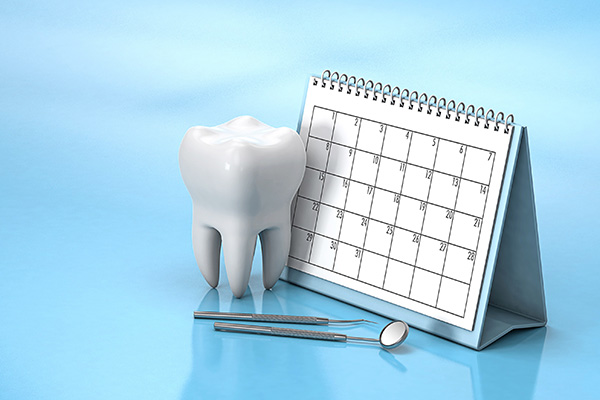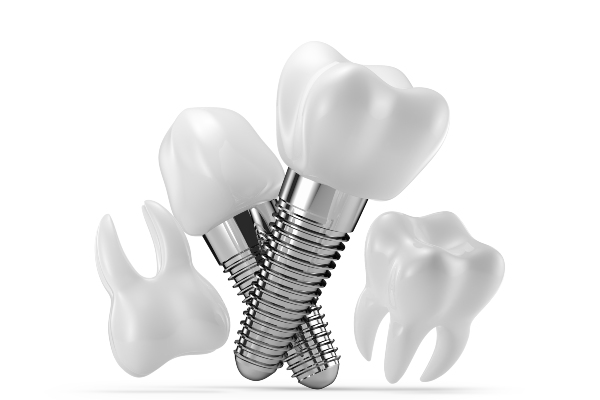How To Relieve Tooth Pain

Nothing ruins a perfectly good day like tooth pain. It can leave your mouth sore and tender, it can make your gums throb with pain and it can even lead to some rather vicious headaches. Toothaches are the way the body signals the brain that there are problems in the mouth. The most effective way to end tooth pain is by going to a dentist to get the problem diagnosed and treated.
Manage tooth pain
At times, a patient might have to wait a few days or longer before seeing the dentist. In that case, the individual has to figure out ways to manage the discomfort and pain associated with the toothache until it is time for the dental appointment. Here are some simple ways to cope with nagging tooth pain:
1. Saltwater rinse
Saltwater rinses are easy to make since most pantries already contain the main ingredient. Simply mix about one-half teaspoon salt with an eight-ounce glass of warm water. Use this rinse by swishing it around the mouth and spitting it out. This home remedy helps to clear out irritants that are making the tooth discomfort worse. It also has a numbing effect.
2. OTC pain medication
There are different types of over-the-counter pain relievers to manage toothaches. Acetaminophen is recommended for children, while NSAIDs such as Ibuprofen are fine for adults. Patients should swallow the pill instead of breaking it down and applying it to the affected area. That home remedy does not work, and it can damage the inside of the patient's mouth.
3. Cold compress
A cold compress can also be used to manage the pain associated with toothaches. It is particularly effective when the tooth throbbing is accompanied by significant inflammation. The patient simply makes a cold compress by putting ice and a little bit of water in a freezer bag. The compress should be covered with a clean cloth before pressing it against the face for about 15 minutes and subsequently removing it for another 15 minutes. The process should be repeated as many times as necessary.
4. OTC anesthetic
A variety of pain-relieving liquids and gels can be purchased without a prescription to use for soothing hurting teeth and gums. The active ingredient in most of these products is benzocaine, which provides a temporary numbing effect. Dentists recommend using these products for no more than 10 days unless directed to do so by a medical or dental professional.
5. Clove oil
Clove oil is an old remedy that provides lots of relief when dealing with toothaches. The patient simply soaks a cotton ball in the oil and then rubs it on the affected area. It is a natural way to deal with toothaches, yet it can be just as effective as products that contain benzocaine.
Get permanent relief for tooth pain
There are a number of over-the-counter products and home remedies to alleviate tooth pain temporarily. While these methods can provide interim relief until a dentist is available, the only way to get permanent relief for a toothache is from a dental practitioner who can identify the underlying cause and treat the issue.
Request an appointment here: http://www.riversdentistry.com or call Rivers Family Dentistry at (979) 710-2216 for an appointment in our Bryan office.
Check out what others are saying about our services on Yelp: Read our Yelp reviews.
Related Posts
Seeing your family dentist for regular dental exams can maintain your oral health for many years. Bringing your family with you can extend this benefit to them. Understanding why you must set dental checkups will enable you to maintain a healthy smile for years. Here are the reasons to see your family dentist for regular…
If you have lost one or more of your teeth, talking to an implant dentist might provide the tooth replacement solution you are looking for. Dental implants are one of the most popular ways to replace missing teeth. Whether you are missing one tooth or all of your teeth, chances are there is an implant…
A family dentist makes getting the dental care you and your loved ones need a lot more convenient. Good oral health is not only about keeping your smile looking pearly white; it is also about protecting yourself against bacteria and the infections they bring.A family dentist is equipped to handle all of your loved ones'…
Dental implants are durable, natural-looking replacements for missing teeth. An implant dentist may recommend a single implant or multiple implants spaced throughout the mouth depending on how many teeth are missing and where. This blog will discuss when single or multiple implants are recommended, as well as the other tooth replacement options that can bolster…


